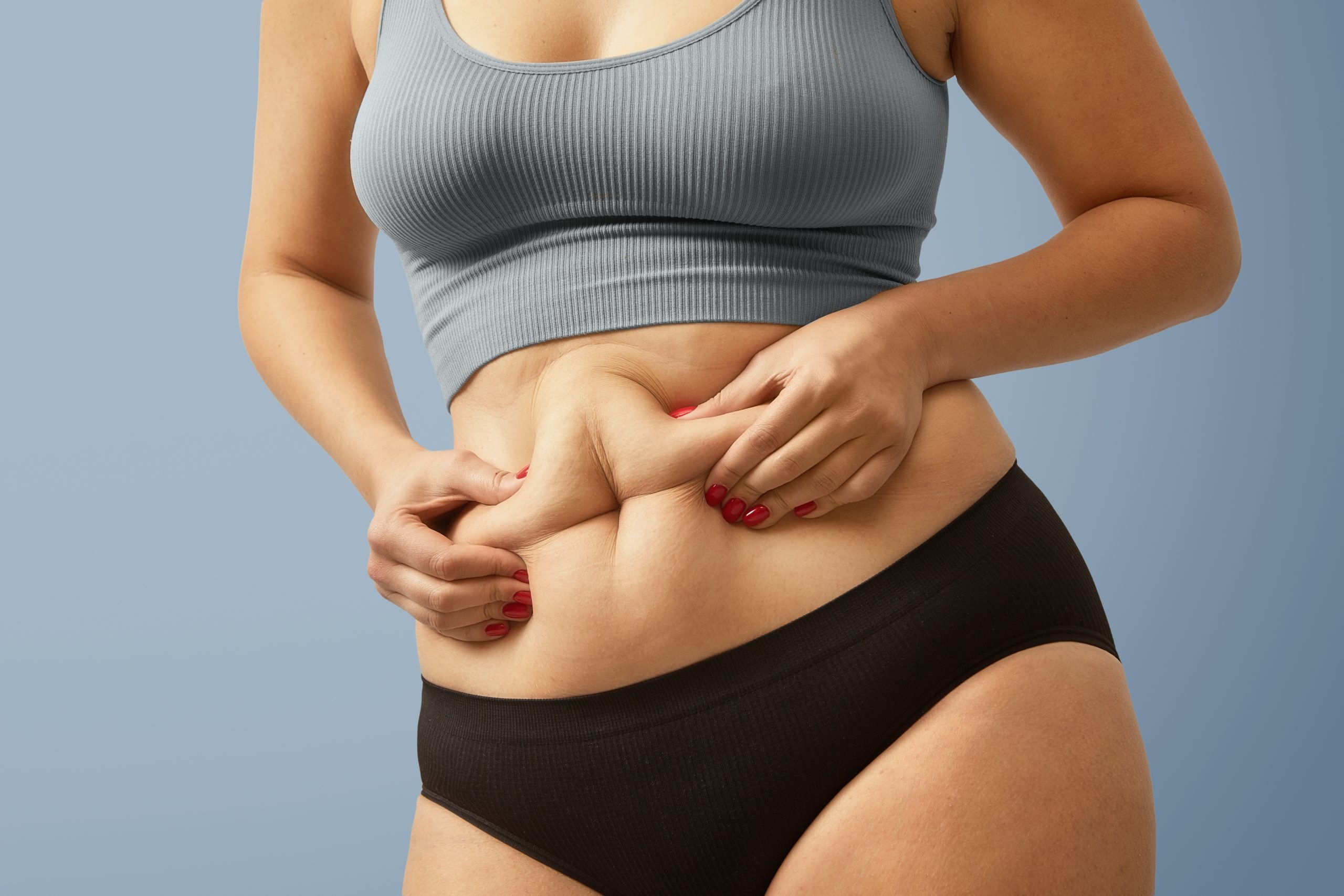
This post may contain affiliate content from which we earn a small commission at no additional cost to you. Read our full disclosure.
Ever heard about Intermittent Fasting for Women? It’s a fascinating approach to eating that’s been gaining a lot of attention lately. Instead of focusing on what you eat, it’s more about when you eat.
By cycling between periods of eating and fasting, this method can potentially help women manage their weight, improve metabolic health, and even boost energy levels.
But like with any dietary change, it’s essential to do your research and consult with a healthcare professional to see if it’s the right fit for you. So, let’s delve into the world of Intermittent Fasting for Women and explore its potential benefits together.
Understanding Intermittent Fasting

Intermittent fasting revolves around restricting food intake during specific time windows, typically ranging from 16 to 24 hours, followed by periods of unrestricted eating.
Unlike traditional diets that focus solely on what to eat, intermittent fasting emphasizes when to eat, thereby regulating calorie intake without stringent dietary restrictions.
If you are interested in getting some diet tips for weight loss, you may read our article “Tips for Eating Out While Losing Weight”.
Hormonal Considerations
Women experience distinct hormonal fluctuations throughout their menstrual cycle, which can influence metabolism, hunger cues, and energy levels. While intermittent fasting may offer benefits such as improved insulin sensitivity and fat loss, its impact on hormonal balance warrants attention.
Some women may find that certain fasting protocols align better with their hormonal rhythm, promoting better adherence and mitigating potential adverse effects.
Wanna know how hormones affect weight loss? For that, you can read our article “How Hormones Affect Weight Loss and Tips to Balance Them Naturally”.
Adapting Fasting Protocols
Various intermittent fasting methods exist, including the 16/8 method, 5:2 diet, and alternate-day fasting. Women may need to experiment with different protocols to identify the most suitable approach.
Factors such as age, activity level, and reproductive status can influence individual responses to fasting, necessitating a personalized approach to optimize outcomes.
Navigating Menstrual Cycle

The menstrual cycle plays a pivotal role in a woman’s overall health and well-being. Integrating intermittent fasting with menstrual cycle awareness can help women adapt their fasting routine to accommodate hormonal fluctuations and mitigate potential side effects.
Adjusting fasting duration or intensity during menstruation or the luteal phase may alleviate symptoms like fatigue and cravings, enhancing overall adherence and sustainability.
Health Benefits of Intermittent Fasting for Women
Intermittent fasting can help you in many ways besides just losing weight. It can make your heart healthier and lower the chance of getting certain diseases like diabetes. Here are some simple explanations of how it works:
Heart Health
Intermittent fasting can help your heart by lowering things like blood pressure and bad cholesterol. This makes it less likely for you to have heart problems.
Diabetes
It can also lower your risk of diabetes by helping control insulin levels in your body. Insulin helps regulate sugar in your blood, and intermittent fasting can make your body more sensitive to it.
Weight Loss
Intermittent fasting is good for losing weight because it helps you eat fewer calories. Studies show it can be as effective as regular dieting for losing weight in the short term.
Eating Less
When you fast intermittently, you naturally eat less because you’re not eating for certain periods of time. This can help with portion control and reducing overall calorie intake.
Other Benefits
Intermittent fasting may also reduce inflammation in your body, help you live longer, and maintain your muscle mass better than regular dieting. However, more research is needed to understand these benefits fully.
Overall, intermittent fasting can be a simple and effective way to improve your health, but it’s essential to do it correctly and consult with a doctor before starting any new diet or fasting regimen.
Considerations for Fertility and Reproductive Health

While intermittent fasting shows promise in improving fertility and reproductive outcomes in animal studies, its impact on human fertility remains a topic of debate.
Women trying to conceive or undergoing fertility treatments should exercise caution when implementing fasting protocols and consulting healthcare professionals to ensure compatibility with their reproductive goals.
Listening to the Body
Central to successful intermittent fasting implementation is cultivating body awareness and listening to hunger and satiety cues. Women should prioritize nutrient-dense foods during eating windows, emphasizing whole grains, lean proteins, fruits, and vegetables to support overall health and vitality.
Additionally, staying adequately hydrated and incorporating regular physical activity complement intermittent fasting, promoting holistic well-being.
Safety and Side Effects
Intermittent fasting can be safe for most women, but some people might experience side effects like feeling hungry, moody, unable to focus, tiredness, headaches, or bad breath on fasting days. Some women have said their periods stopped when they tried intermittent fasting.
If you have a medical condition, it’s important to talk to your doctor before trying intermittent fasting. This is especially important if you:
- Ever had an eating disorder
- Have diabetes or often have low blood sugar
- Are too thin, not eating enough, or have nutrient problems
- Are pregnant, breastfeeding, or trying to get pregnant
- Have trouble getting pregnant or have missed periods before
In general, intermittent fasting seems safe, but if you have any issues like your period stopping, you should stop fasting right away.
Beyond Body – The Ultimate Catalyst for Weight Loss
Beyond Body sets itself apart by offering personalized meal and fitness plans designed to suit individual preferences. The 28-day customized meal program elevates the concept of healthy eating, turning it into a delightful journey that cultivates an appreciation for nourishing and delicious meals.
Beyond Body isn’t just a weight loss solution; it’s a personalized companion guiding you toward a healthier and more fulfilling life path.
That said, if you’re interested in trying this app read our full Beyond Body review then click here to take a quick quiz and get started. You can even get up to 60% off by using the code below:


Beyond Body - 67% Off Discount Code
Wrap-Up
In conclusion, intermittent fasting for women can offer potential health benefits like weight management and improved metabolic health. However, it’s crucial for women to listen to their bodies, as individual responses may vary.
Consulting with a healthcare professional before starting any fasting regimen is advisable. Remember, finding a balanced approach to intermittent fasting that suits your lifestyle and needs is key to reaping its potential benefits.
FAQs
How many hours should a woman do intermittent fasting?
For women, the ideal duration for intermittent fasting typically ranges from 12 to 16 hours. This window allows the body to enter a state of fasting, promoting various health benefits without causing excessive stress. It’s important to listen to your body’s cues and adjust the fasting period accordingly to ensure it feels sustainable and healthy for you.
What is the best intermittent fasting ratio for women?
When it comes to the best intermittent fasting ratio for women, the 16:8 method is often recommended. This involves fasting for 16 hours and restricting eating to an 8-hour window each day. However, individual needs and preferences may vary, so it’s essential to experiment and find the ratio that works best for your lifestyle and goals.
What are the best hours for intermittent fasting?
The best hours for intermittent fasting depend on your daily routine and preferences. Many people find it convenient to start fasting after dinner, allowing for a fasting period overnight and into the morning.
This could mean skipping breakfast and having your first meal later in the day. Ultimately, the best hours are those that align with your schedule and enable you to maintain consistency with your fasting routine.
- Online Vs In-Person Certification Courses: Pros & Cons - April 23, 2024
- Tips for Acing Your Fitness Certification Exam - April 21, 2024
- Balancing Work-Life as a Fitness Trainer: Complete Guide - April 19, 2024
Disclosure: In the spirit of full disclosure, DIYactive.com may be compensated in exchange for featured placement of certain reviews or links on this website. View our full disclosure.



